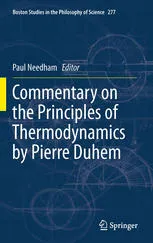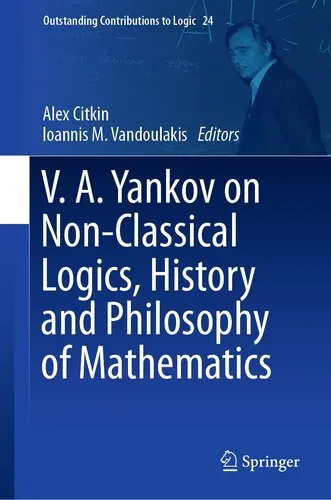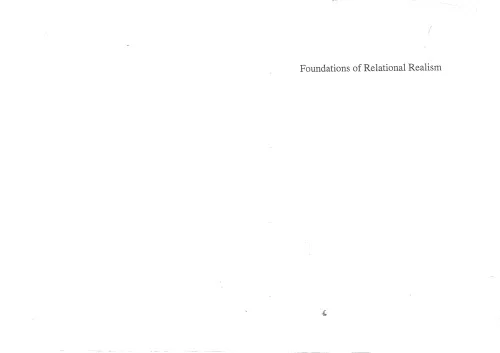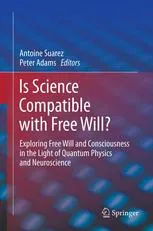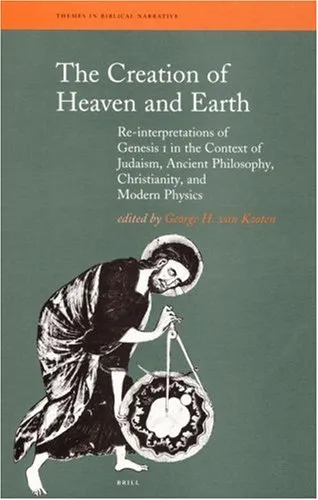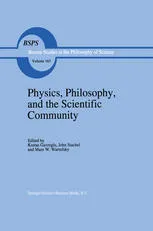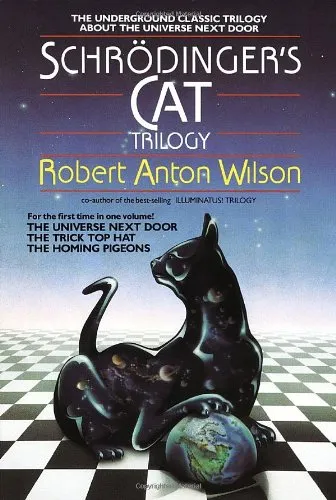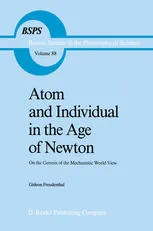Other Logics: Alternatives to Formal Logic in the History of Thought and Contemporary Philosophy
4.3
Reviews from our users

You Can Ask your questions from this book's AI after Login
Each download or ask from book AI costs 2 points. To earn more free points, please visit the Points Guide Page and complete some valuable actions.Related Refrences:
Introduction to 'Other Logics: Alternatives to Formal Logic in the History of Thought and Contemporary Philosophy'
Welcome to an intellectual exploration that transcends the boundaries of conventional reasoning. 'Other Logics: Alternatives to Formal Logic in the History of Thought and Contemporary Philosophy' invites readers to embark on a philosophical journey, examining the rich landscape of logical thought beyond traditional formal logic. This book offers an in-depth discourse on the multiplicity of logical systems, their historical development, and their relevance in today's philosophical and practical contexts.
Detailed Summary
At the core of 'Other Logics' is an investigation into the diverse methodologies and frameworks that have existed alongside, and often in opposition to, formal logic. The text provides a comprehensive historical account, starting from ancient philosophical traditions and moving through the Middle Ages and into today's postmodern theories. By exploring thinkers such as the Sophists, Indian Nyāya scholars, medieval Islamic philosophers, and contemporary existentialists, the book articulates the various forms of logic that have shaped human understanding and reasoning practices.
Each chapter addresses distinct logical paradigms, such as informal logic, dialectical reasoning, and paraconsistent logics. The discussions are enriched with examples and cases where these alternative logics offer substantial theoretical and practical benefits. This book serves as a valuable resource for students and scholars interested in philosophy, logic, and cognitive sciences, fostering an appreciation for the multiplicity of logical traditions.
Key Takeaways
- Historical Context: Understand how alternative logic systems have existed across different epochs and cultures, influencing philosophical discourse and scientific thought.
- Diversity in Logic: Gain insight into various logical systems like informal logic, paraconsistent logic, and many-valued logic, which challenge conventional binary truth values.
- Relevance Today: Explore how these alternative logics provide robust frameworks for contemporary debates in artificial intelligence, ethics, and cognitive sciences.
- Interdisciplinary Connections: Discover the links between logical theories and other fields, including linguistics, psychology, and computational theory.
Famous Quotes from the Book
"The history of logic is not a single pathway of progress, but a vibrant tapestry of diverse thought systems, each weaving its own method of understanding the world."
"By embracing alternative logics, we open the door to a plurality of viewpoints, each offering unique insights into the human condition and our pursuit of knowledge."
Why This Book Matters
'Other Logics' stands as a pivotal text in a world increasingly dominated by algorithmic thinking and digital logic. It reminds us of the importance of broadening our intellectual horizons by engaging with different frameworks of reasoning. By highlighting lesser-known logical traditions, the book challenges the homogenizing forces of modern logical doctrines and fosters a more inclusive and comprehensive understanding of logic's role in human thought.
The diverse array of logical systems discussed resonates with current dialogues about cultural diversity, pluralism, and interdisciplinarity. It encourages readers to question the assumed superiority of formal logic and recognize the value of alternative methods in solving complex, real-world problems. This perspective is particularly vital for addressing ethical considerations in technology and scientific advancements, where traditional logic may fall short.
In conclusion, 'Other Logics' is not merely a book about logic; it is a call to appreciate the richness and variety of human thought. It urges us to challenge conventional perspectives and embrace a broader spectrum of intellectual possibilities, ultimately contributing to a more nuanced and holistic understanding of the world in which we live.
Free Direct Download
You Can Download this book after Login
Accessing books through legal platforms and public libraries not only supports the rights of authors and publishers but also contributes to the sustainability of reading culture. Before downloading, please take a moment to consider these options.
Find this book on other platforms:
WorldCat helps you find books in libraries worldwide.
See ratings, reviews, and discussions on Goodreads.
Find and buy rare or used books on AbeBooks.
1291
بازدید4.3
امتیاز0
نظر98%
رضایتReviews:
4.3
Based on 0 users review
Questions & Answers
Ask questions about this book or help others by answering
No questions yet. Be the first to ask!
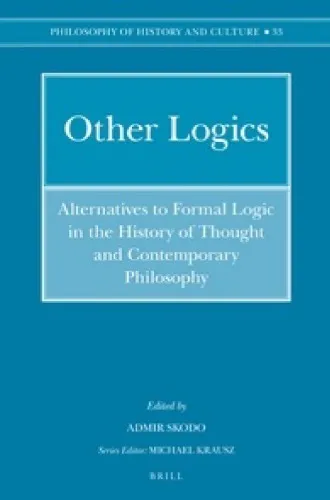
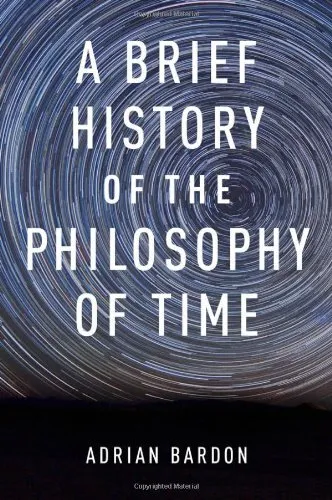
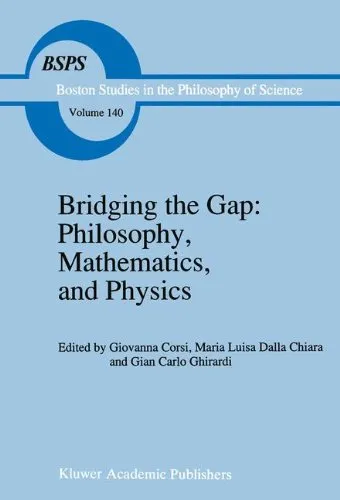
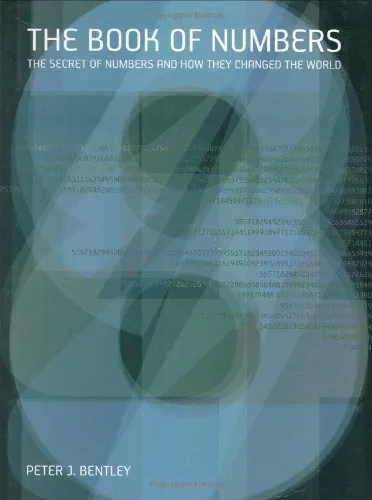
![The Mathematical Experience [Study Edn.]](https://s3.refhub.ir/images/thumb/The_Mathematical_Experience__Study_Edn_16194.webp)
